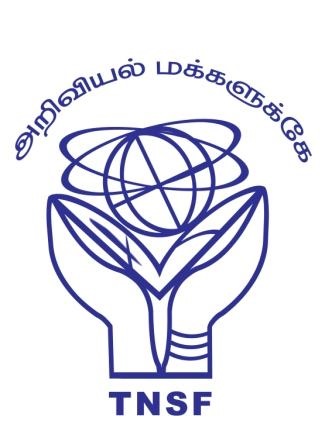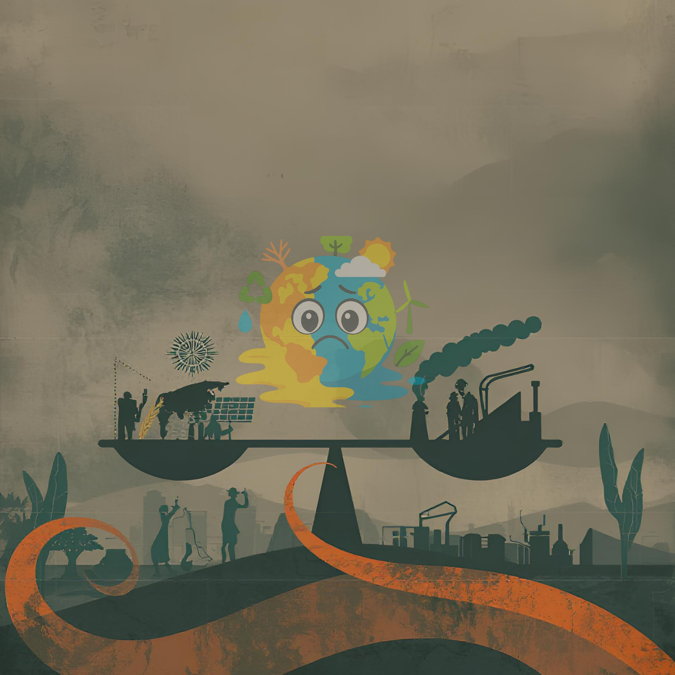About Program

This is part of its efforts to popularize science to the general public and students who are pursuing science as their career. TNSF attempt to focus on students on higher science as everyone knows that learning of science at college within the curriculum is not enough to acquire holistic knowledge of science at the appropriate time. Hence, to fill the gap between what students are acquiring through the curriculum and what it is required, TNSF is planning its activities on higher science to students who are pursuing higher education.

About the Lecture We present an analysis of COP30 from the perspective of equity and climate justice for the developing world, in the face of the relentless push against these principles and that of common but differentiated responsibilities and respective capabilities. We briefly contrast our understanding with that of perspectives that come from the environmentalist discourse of the developed countries on climate change that miss the issues of food and energy security and guaranteeing employment and livelihoods that are vital to the global South. We illustrate this divide through issues such as the lack of climate finance, the challenge of adaptation, the need for energy and food security that is challenged by the rapidly diminishing carbon budget and the use of so-called “scientific” scenarios to push the mitigation burden on to the developing countries.
